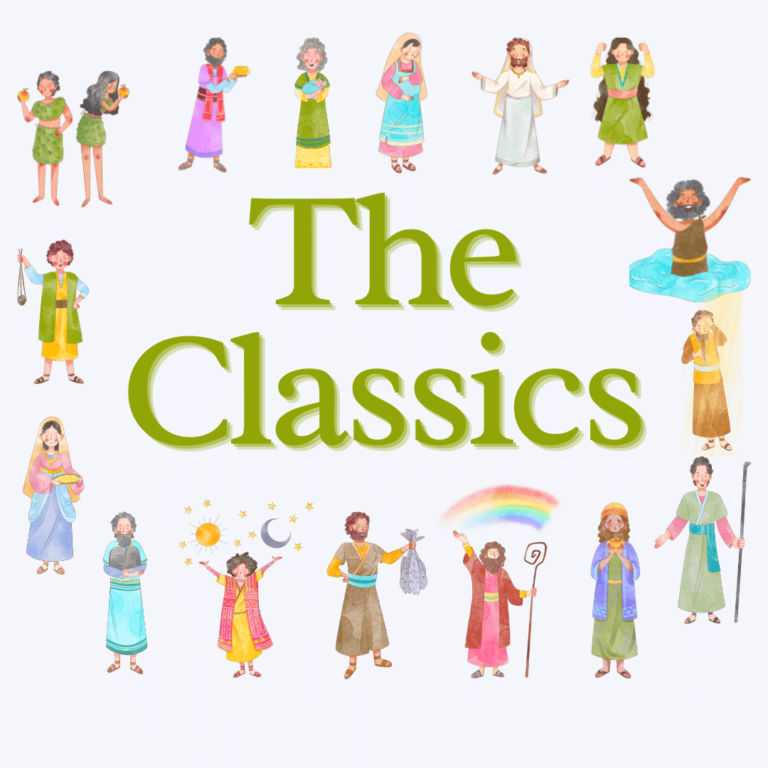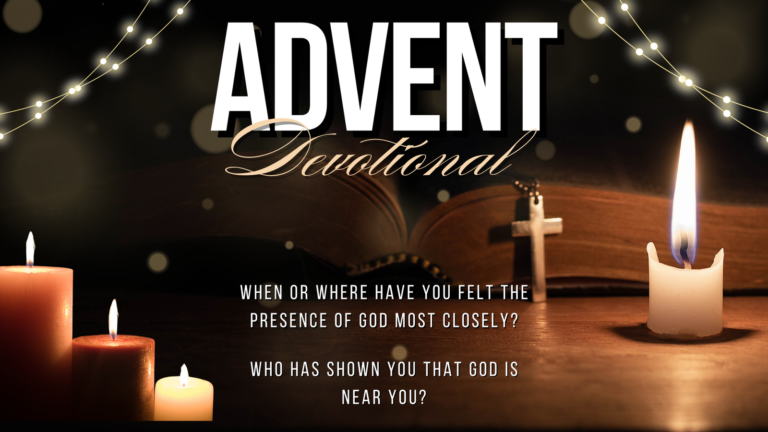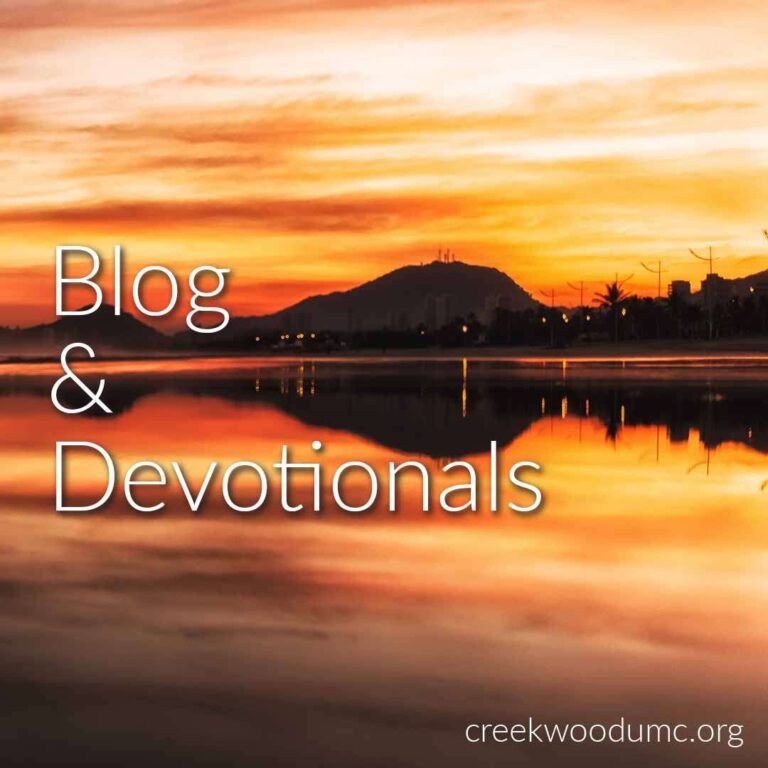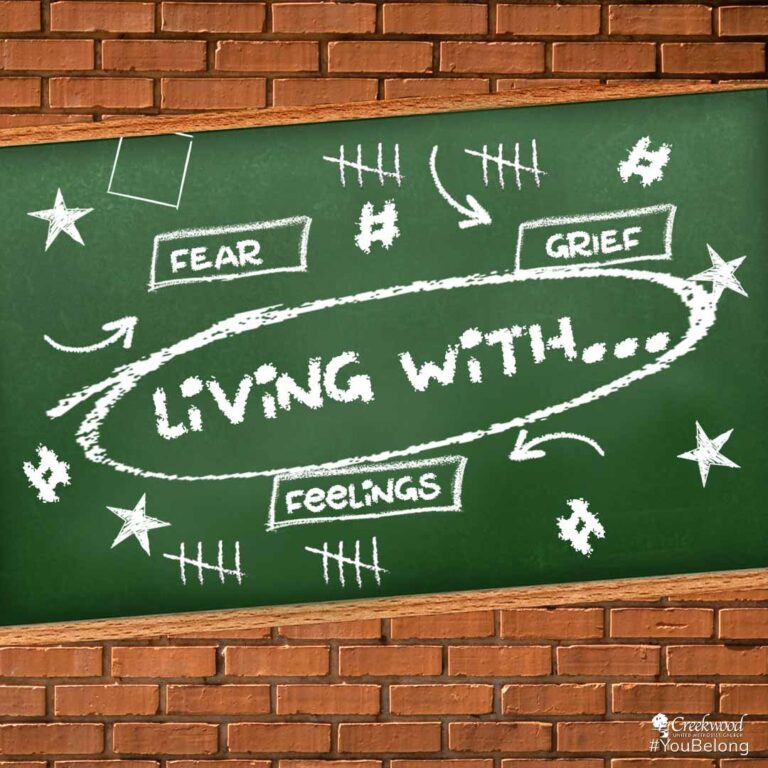Flood Relief In Dallas
For those who want a quick read and response to the Dallas Flood Relief efforts, Creekwood will be responding to the recent flooding in Dallas by supporting Bed Start. We’ll be collecting NEW blankets, pillows, and sheet sets to be distributed. Donations can be dropped off at the Worship Center at the Missions Wall (just west of the sanctuary).
Please bring all donations by September 11th.
Deeper Thoughts Kinda Related To Flood Relief
Now, for those who would like to read a little deeper…
For the last 3 weeks we have been digging into a story about high, raging waters and how to rise above a stressful time such as this. Estimates range the collective damage done in Dallas to be $6 billion dollars. You can imagine the collective grief, trauma, and needs going forward. I do hope those affected can see Jesus on the horizon. Knowing that God is going to be there with them and for them is important. I specifically hope that our small contribution will help their vision and ability to walk through the waves.
But here’s the question I want to ponder: “Why are we motivated to help in situations like this?”
While we always try to give you a call to action at the end of each sermon, our series was largely focused on our own personal anchoring in God. We’ll be building on the importance of a collective church starting September 11. We have never addressed why we seem to want to help others walk on water.
Our Heritage of Helping
I recently had the chance to reflect on this question. Why does the United Methodist Church only focuses on social justice and not “actual discipleship.” Upon examination of their source of misinformation, we were able to chat about those words. We looked at how politically charged they’ve been made to be, and what they actually mean.
John Wesley, the founder of Methodism, was a pietist who found grace. What that means is his first inclination was to earn holiness. That is until he was moved to understand and experience that holiness only comes through salvation. That salvation is offered by Christ’s victory over sin. His pietistic actions of visiting the sick and those in prison, or taking care of the poor didn’t go by the wayside. By all accounts, they increased.
Wesley References
Wesley has been famously quoted as telling his Methodist preachers, “You have nothing to do but save souls,” This seems like simple “actual discipleship” that would cause us to question why we don’t just evangelize and worship. But a saved soul wasn’t the end for Wesley. He believed in a life-long journey of sanctification (or holiness) that sees us constantly responding to God’s call on our life. This is done by mirroring the life of Christ more and more fully, but only by the grace, God gives us. To say that one was “saved,” was not the end of the story but the beginning!
Wesley and his Methodist followers were known for their good works and charity. Wesley required each person attending a small group to bring the equivalent of a penny to be collected for the poor in their community. If someone was too poor themselves then it was the group leaders’ responsibility to provide double so that the poor were not neglected. Wesley himself felt ashamed that the Anglican Church excluded the poor. They, to an extent, did not believe them capable or worthy of the message of Christ. He, therefore “submitted to be more vile.”
To audaciously preach the Gospel outside of a church. He preached on the side of a hill, and to coal miners who responded by the hundreds. What was a rough and tumble group of people no one cared about, responded to God’s love by giving their lives to Christ. The result was that they became model citizens.
Advocacy
The tradition carried forward as Wesley fought for safe and fair conditions for workers. He spoke vehemently against the slave trade. Methodists in America were hugely influential in combatting alcoholism, making education available and compulsory to all children. They worked for the rights of women and those of color to vote, ending slavery, and advocating for healthcare access to all people. Additionally, they combatted unsafe working conditions for laborers.
All in the name of “actual discipleship.”
The Biblical Why
Theologically, I believe when we are called to “take up our cross” and we respond, something changes within us that makes us want to emulate Jesus. As we sacrifice, we experience the same love for creation that he showed on the cross. And it feels good to love. We could argue that prior to this moment, due to God’s prevenient grace, we experience the same delight at following God’s desires. That’s because we are living into our “created in the image of God” status.
Biblical References
Biblically speaking? I don’t know where to start:
- Deuteronomy 15:11 – “Since there will never cease to be some in need on the earth, I, therefore, command you, “Open your hand to the poor and needy neighbor in your land.”
- Proverbs 14:31 – “Those who oppress the poor insult their Maker, but those who are kind to the needy honor him.”
- Matthew 25:35-40 – “for I was hungry and you gave me food, I was thirsty and you gave me something to drink, I was a stranger and you welcomed me, I was naked and you gave me clothing, I was sick and you took care of me, I was in prison and you visited me. Then the righteous will answer him, Lord, when was it that we saw you hungry and gave you food, or thirsty and gave you something to drink? And when was it that we saw you a stranger and welcomed you, or naked and gave you clothing? And when was it that we saw you sick or in prison and visited you? And the king will answer them, ‘Truly I tell you, just as you did it to one of the least of these who are members of my family, you did it to me.”
- James 1:27 – “Religion that is pure and undefiled before God, the Father, is this: to care for orphans and widows in their distress, and to keep oneself unstained by the world.”
- 1 John 3:17 – “How does God’s love abide in anyone who has the world’s goods and sees a brother or sister in need and yet refuses to help?”
Proverbs and Charity
I’ll go on if you’d like, but it’ll take all day. The book of Proverbs alone would fill a good hour of reading one-liners associated with God’s desire for the care and empowerment of the poor. The Torah (Genesis-Deuteronomy) would take another hour if not two. And we barely touched on the example of Jesus.
All this to say, both charity and justice are prominent topics in the Bible. I believe it is because they are prominent desires of God as expressed in Jesus Christ. When we have a redeemed soul through His power, we can’t help but want to be more like Jesus. We are more like who we were created to be in the image of God.
- It feels good to be generous
- It feels good to give
- It feels good to serve
And here all you thought you were doing was giving bed sheets.
The act of giving, whether to the missions of the church (justice and mercy) or the mission of the church (disciples making), connects us with who we were intended to be. I’d love to invite you to do both.
Peace,
David Lessner
Give to the Ministries of Creekwood
[spb_text_block animation=”none” animation_delay=”0″ simplified_controls=”yes” custom_css_percentage=”no” padding_vertical=”0″ padding_horizontal=”0″ margin_vertical=”0″ custom_css=”margin-top: 0px;margin-bottom: 0px;” border_size=”0″ border_styling_global=”default” width=”3/4″ el_position=”first last”]
Please consider writing a Google Review for us. Log into your Google Account, search for Creekwood UMC, then find the “Write A Review” button and you’re on your way.






